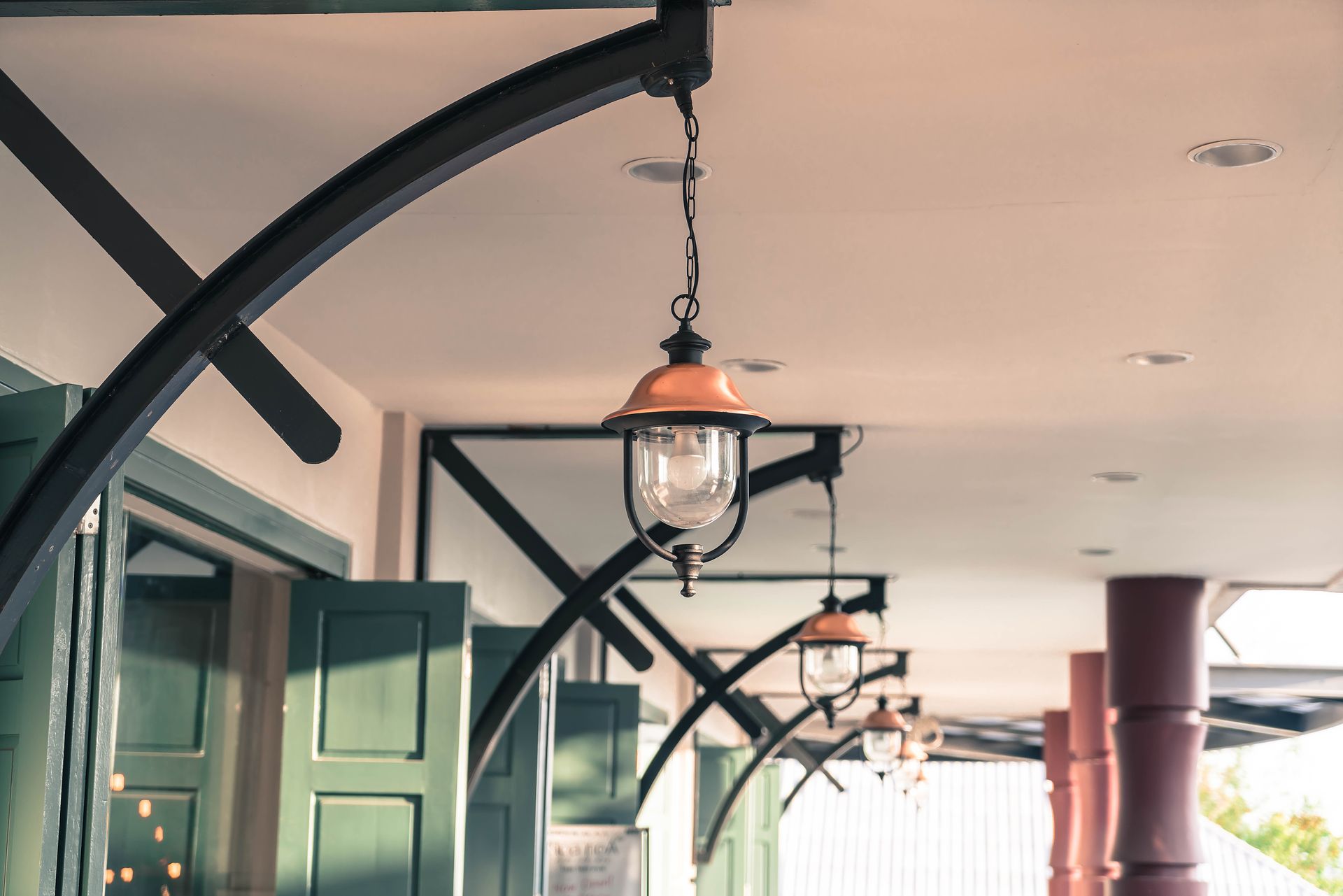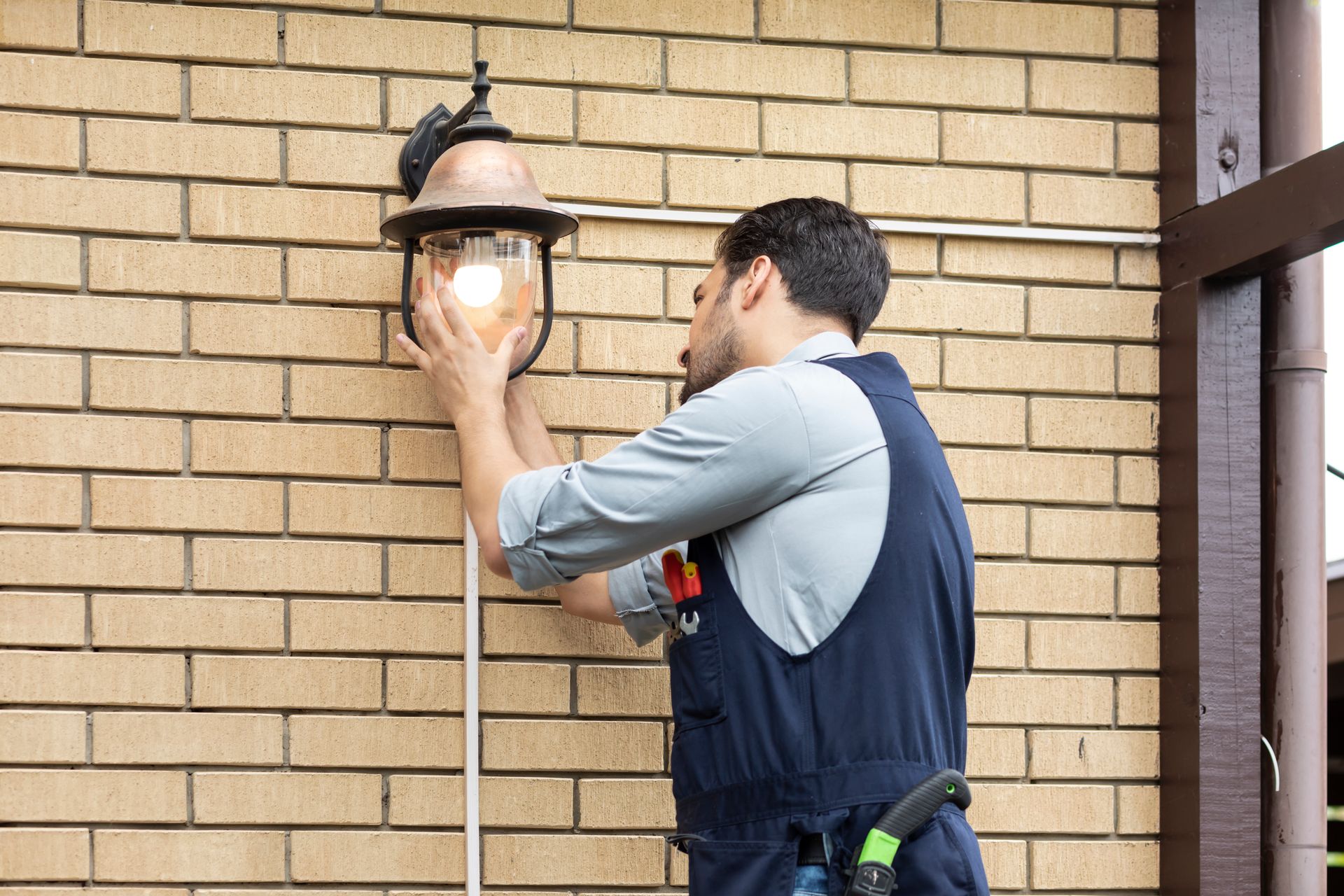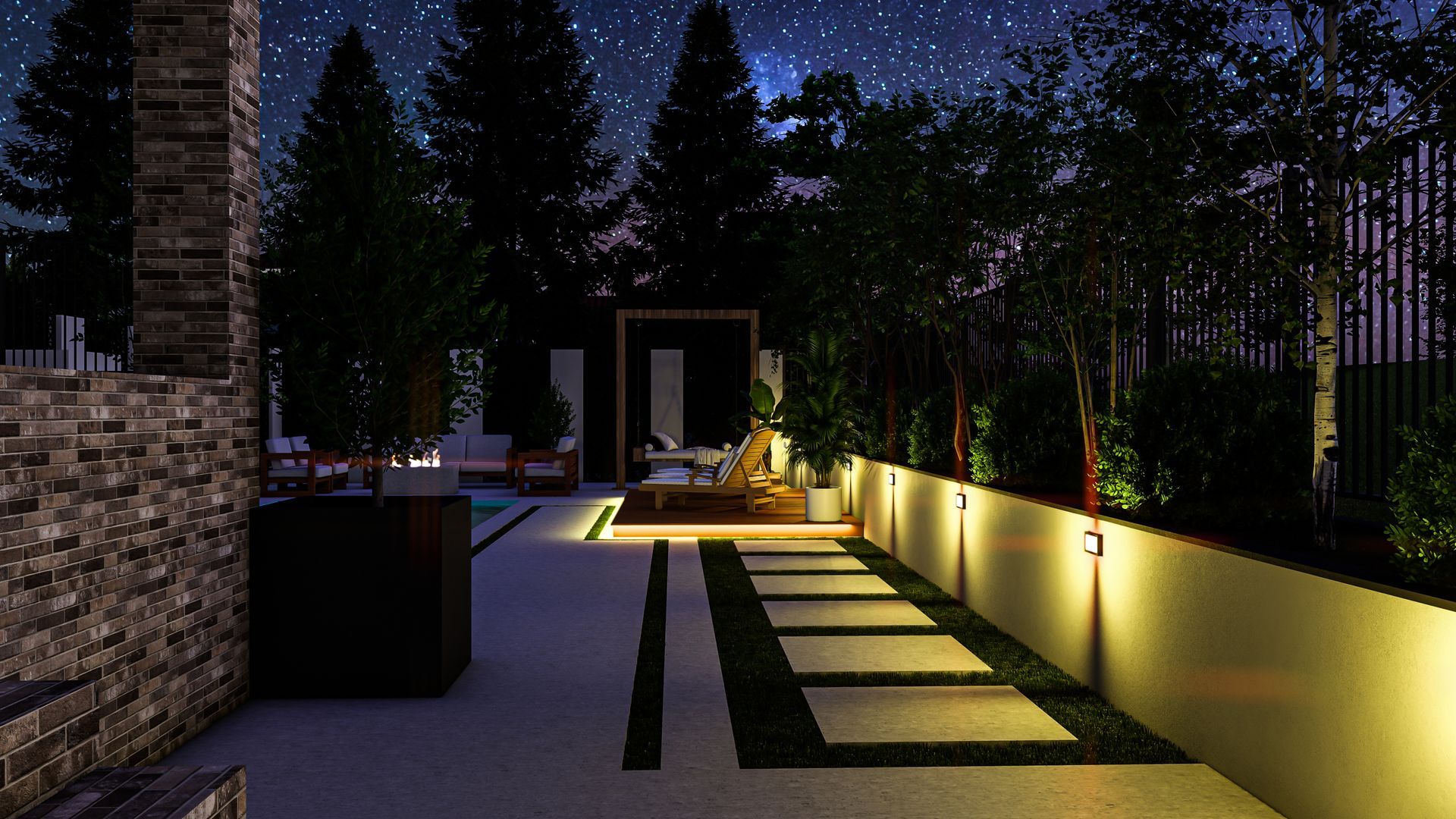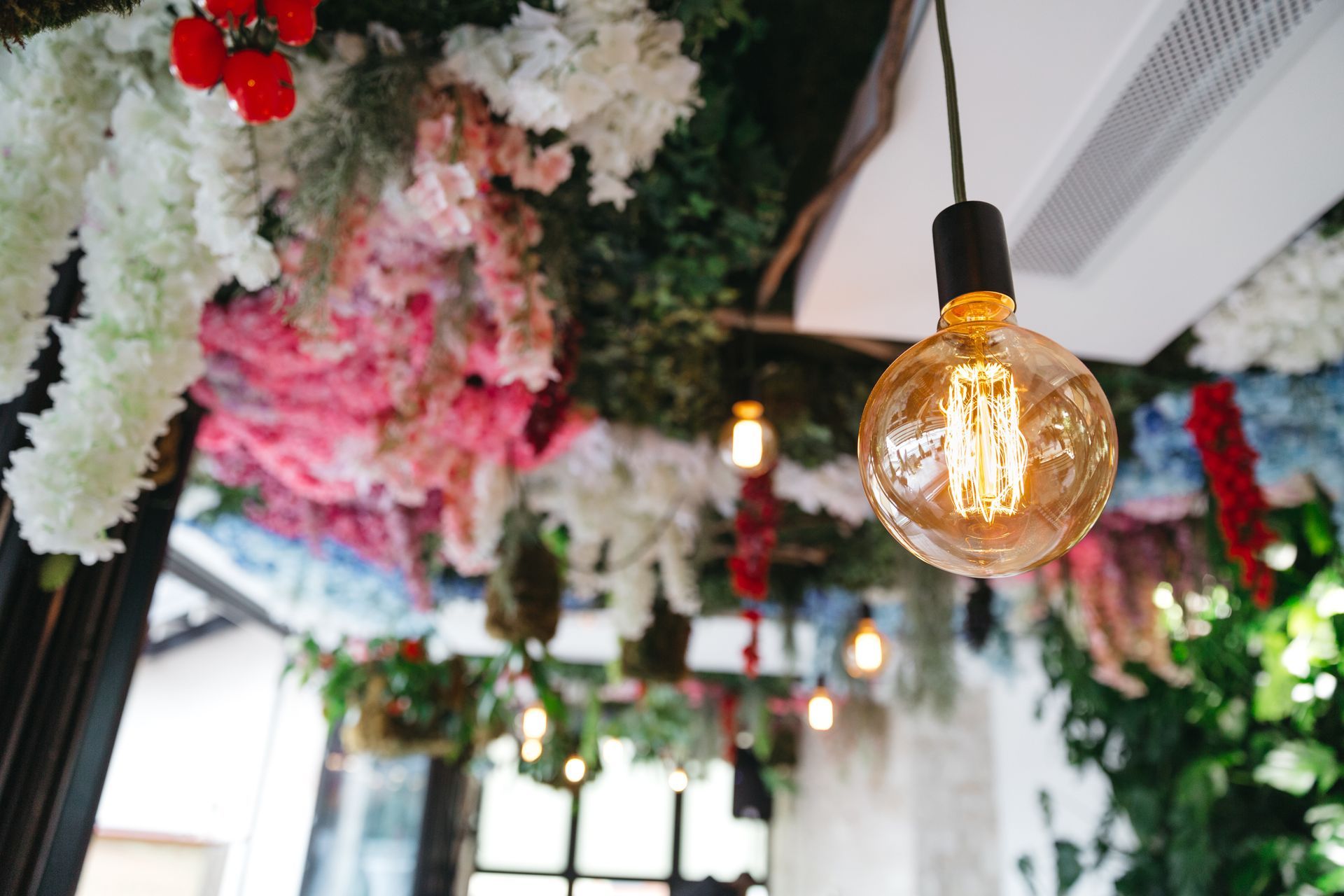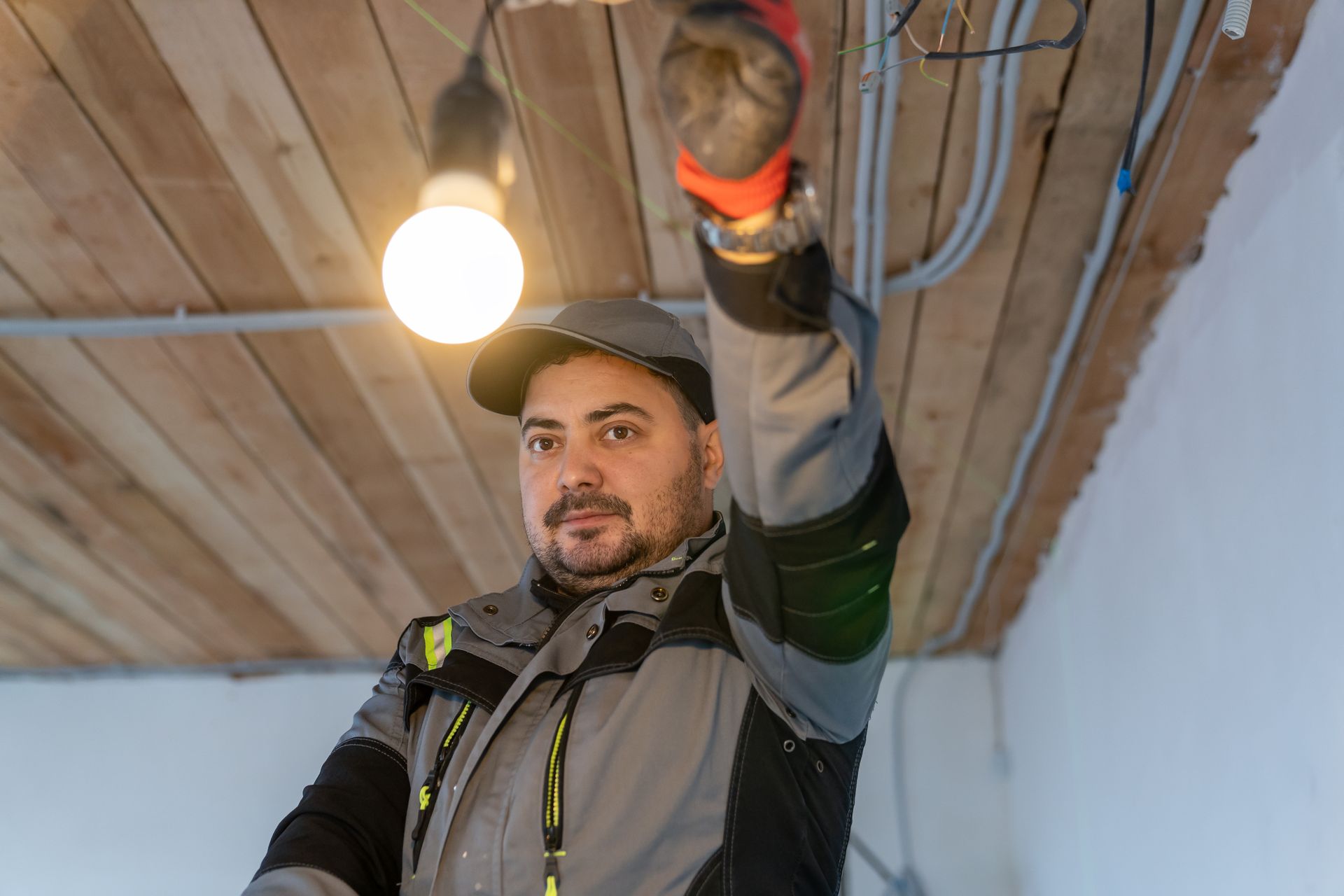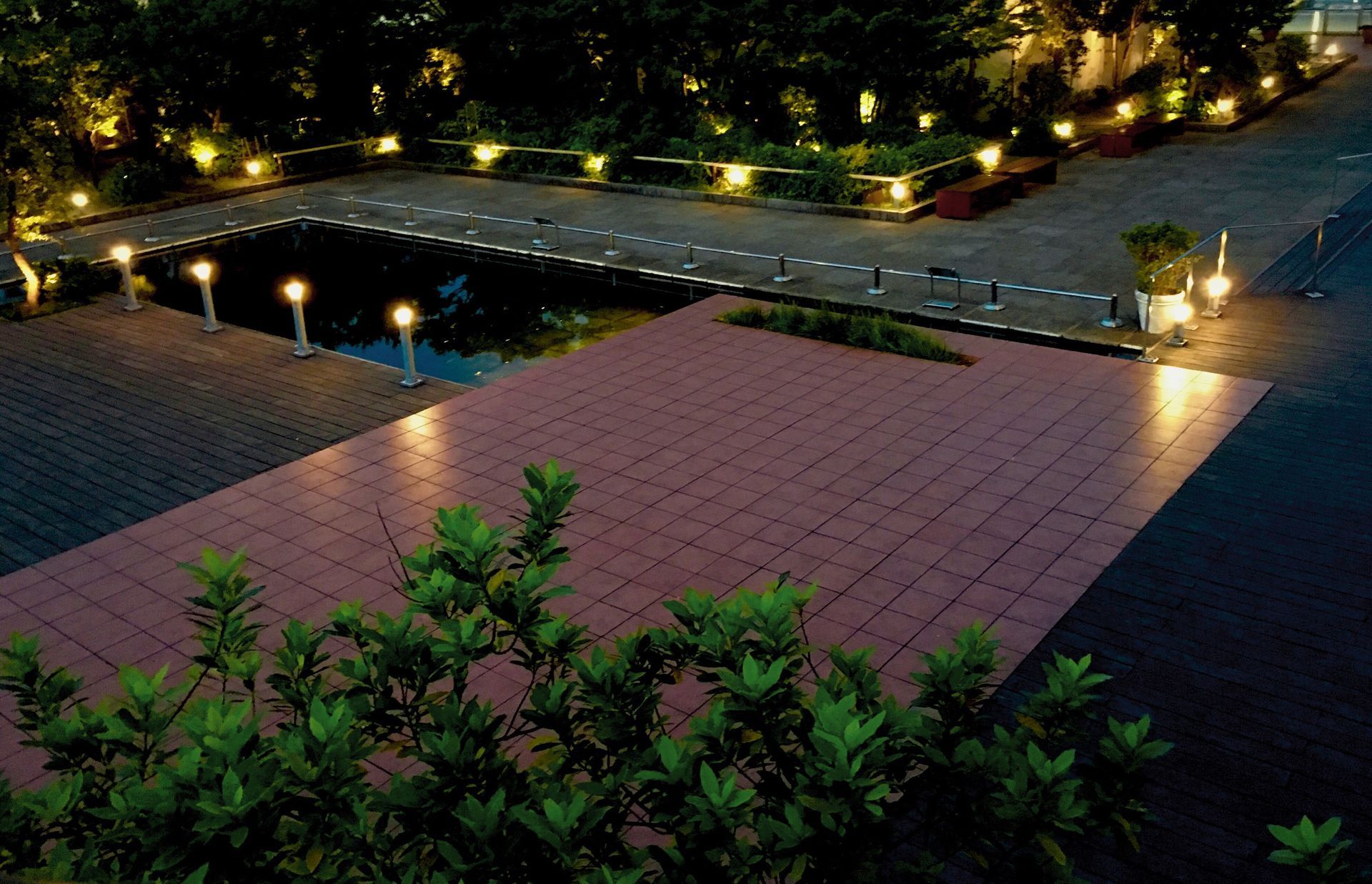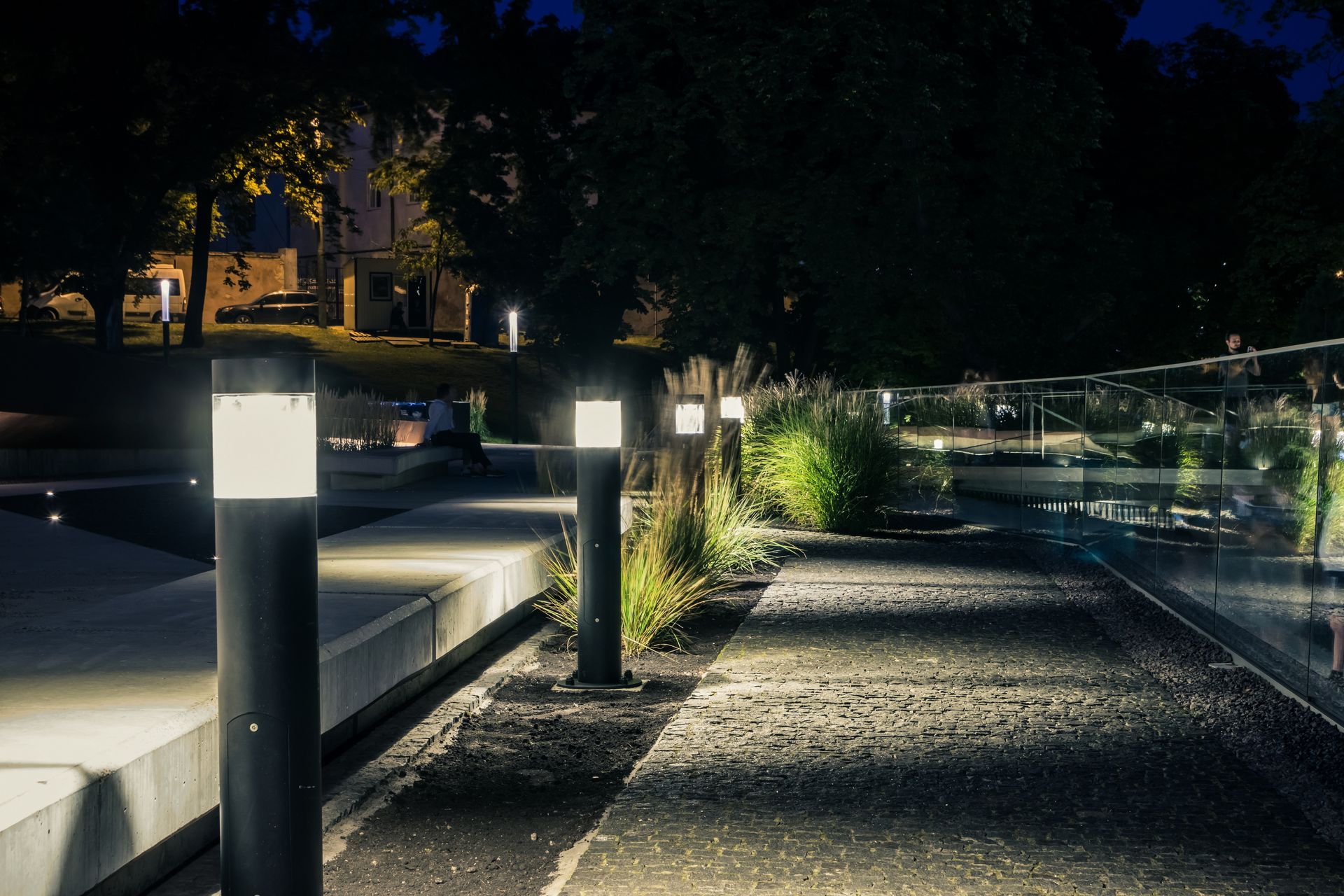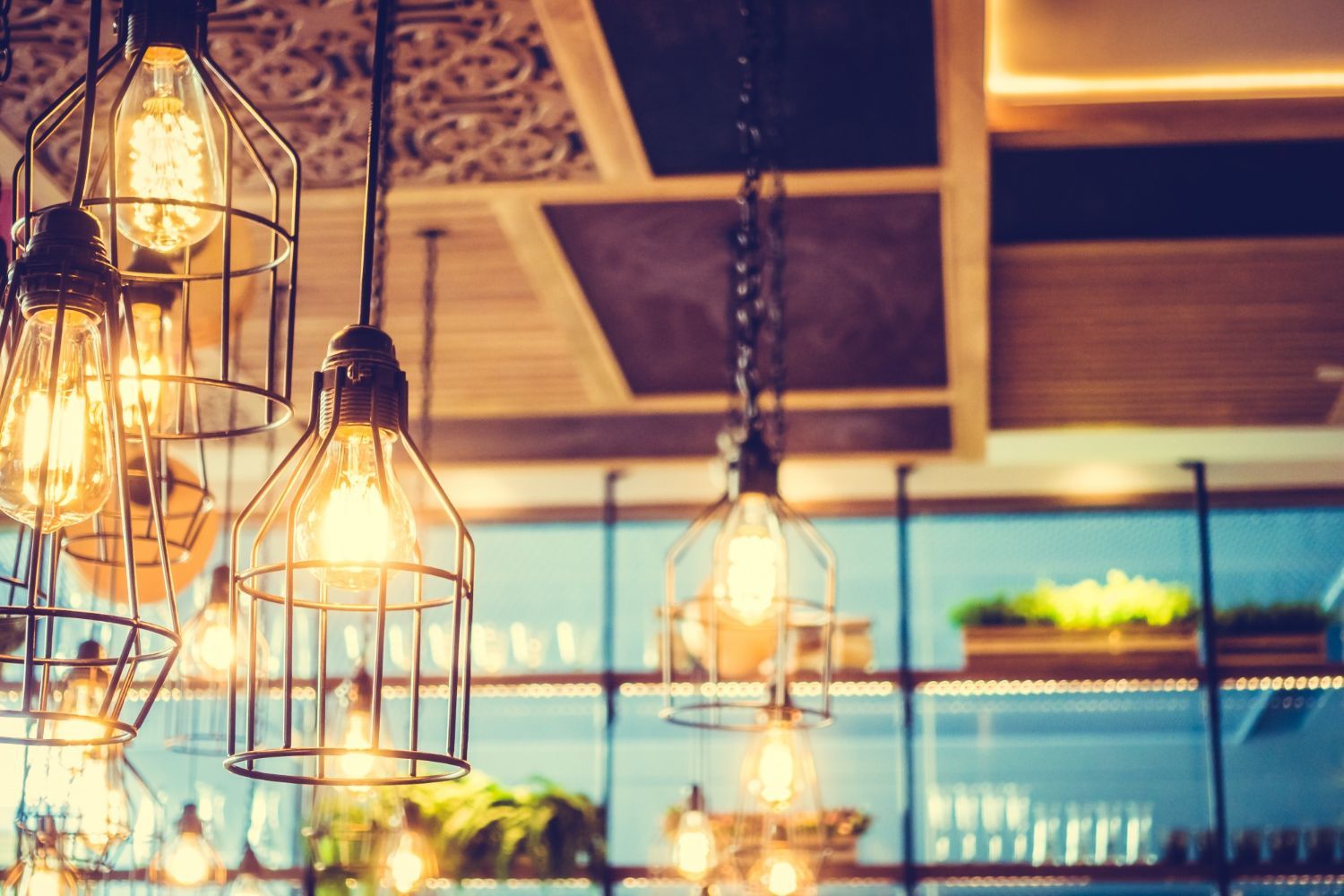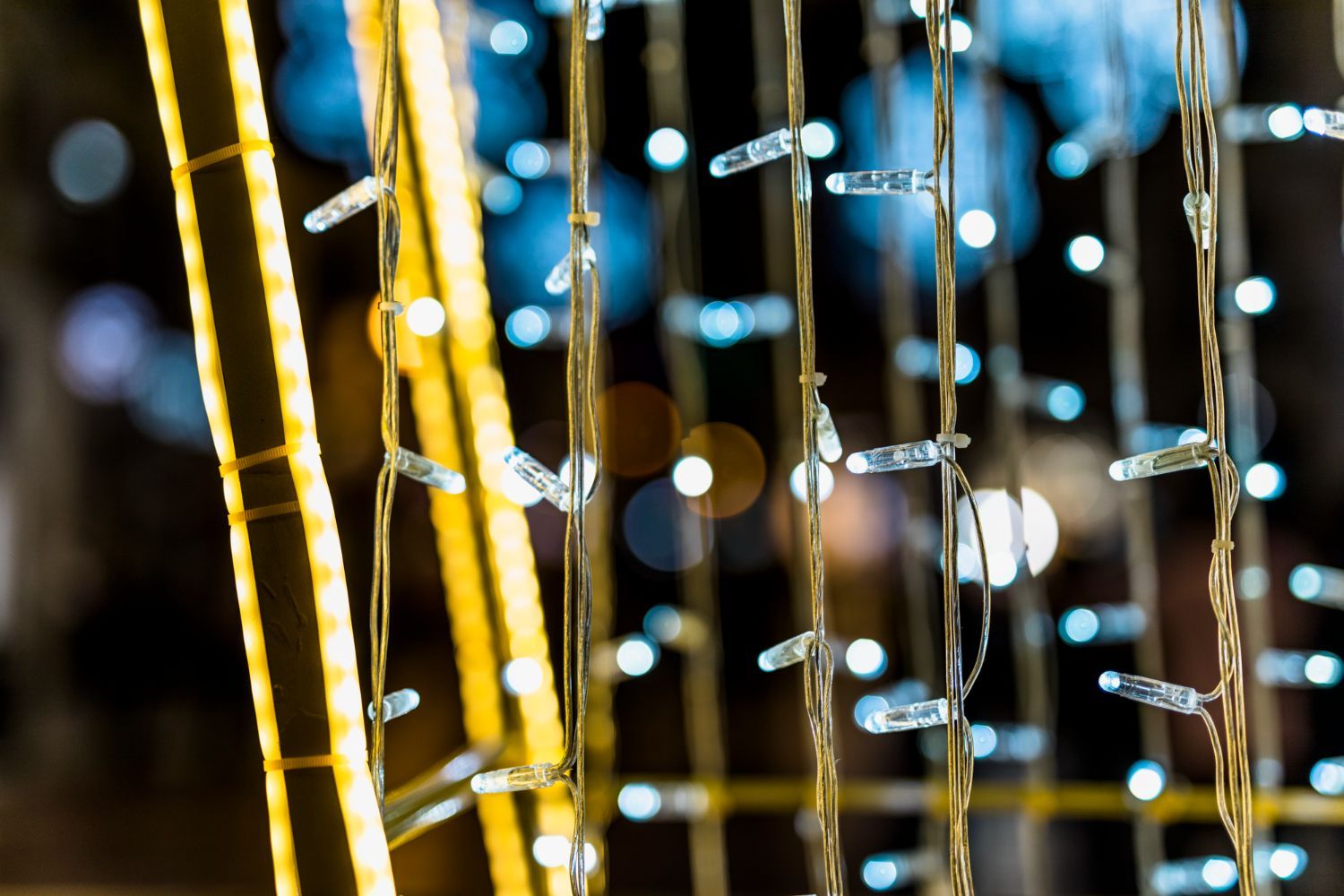Expert Guide to Hiring Outdoor Lighting Contractors
George Wise • November 4, 2024
The Ultimate Guide to Outdoor Lighting Contractors for Safe Christmas Lights
Introduction
Christmas is a joyful time filled with excitement. We love spending time with loved ones, exchanging gifts, and creating festive memories. Decorating our homes with twinkling lights is a popular way to celebrate the holiday season. However, it's crucial to prioritize safety while adorning our homes. By following proper guidelines, we can ensure a joyous and secure holiday season.
Christmas Lights: Types and Features
When selecting the proper lights for your house, it's critical to understand the many types and their qualities to guarantee you choose the best option for your design.
Incandescent Lights
- They emit a classic warm glow.
- Use more energy and have a shorter lifespan.
LED Lights
- Uses less energy and lasts significantly longer.
- Keep cool, making them safer to use.
- Perfect for environmentally conscious decorating.
Indoor Lights
- Made specifically for indoor use.
- Should not be exposed to moisture.
Outdoor Lights
- Built to withstand rain, snow, and winds.
- Always examine the labeling to make sure they're weatherproof.
Try Specialty Lights
- Icicle lights: Create a cascading effect on rooflines.
- Net lights: Easily cover plants and shrubs.
- Projector lights: Create festive patterns on your home with minimal effort.
Proper Electrical Installation Guidelines
- Check your lights for damage like frayed wires or broken bulbs. Throw away any that are faulty.
- Use lights made for outdoor use when decorating outside. These are safer in bad weather.
- Don’t plug in too many lights on one circuit. Follow the manufacturer’s guidelines.
- Use GFCIs to protect against electrical shocks. Outdoor extension cords with GFCIs are a good option.
Recommendations for Weather Resistant Lighting
Use LED Lights
- LED lights use less energy and last longer.
- They remain chilled, making them safer.
Choose Waterproof Lights
- Choose lights that are marked as weatherproof.
- They can withstand rain, snow, and harsh conditions.
Hang Lights Safely
- Use robust clips or hooks designed for outdoor use.
- This keeps the lights secure in windy or stormy weather.
Fire Prevention Methods
Keep Lights Away from Flammables
- Avoid placing lights near drapes, textiles, or dried plants.
- This helps to prevent fires.
Turn off Lights When Unattended
- Turn off the lights when you leave or go to sleep.
- This decreases the risk of fire.
Watch for Overheating
- Check the lights for overheating, burning odors, or flickering.
- If you see a problem, unplug them right away.
Follow these Recommendations for the Best Outdoor Christmas Lights Safety
Replace Damaged Light Strands
- Don’t use lights with exposed wires.
- Don’t try to fix them with tape. Buy new lights for safety.
Unplug Before Changing Bulbs
- Always unplug lights before replacing C7 or C9 bulbs.
- Mark burnt-out bulbs with an “X” to keep track.
Match Bulbs on a Strand
- Use the same size and wattage for all bulbs.
- This keeps electrical use consistent.
Limit Connected Strands
- Don’t connect more than the maximum number of strands allowed.
- Avoid plugging all strands into one outlet.
Use the Right Lights in the Right Places
- Outdoor lights are for outside, and indoor lights stay inside.
Don’t Run Lights All Day
- Use a timer to turn lights on and off when you’re not home.
Avoid Shortcuts
- Always follow safety steps to prevent fires or shocks.
- Taking risks is not worth the danger.



